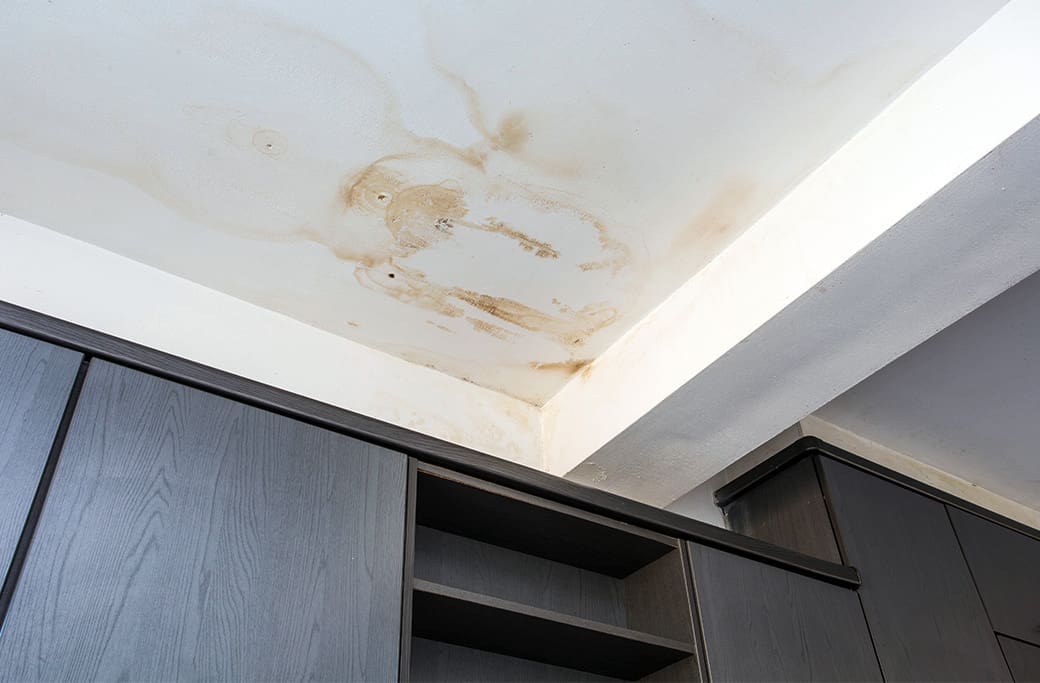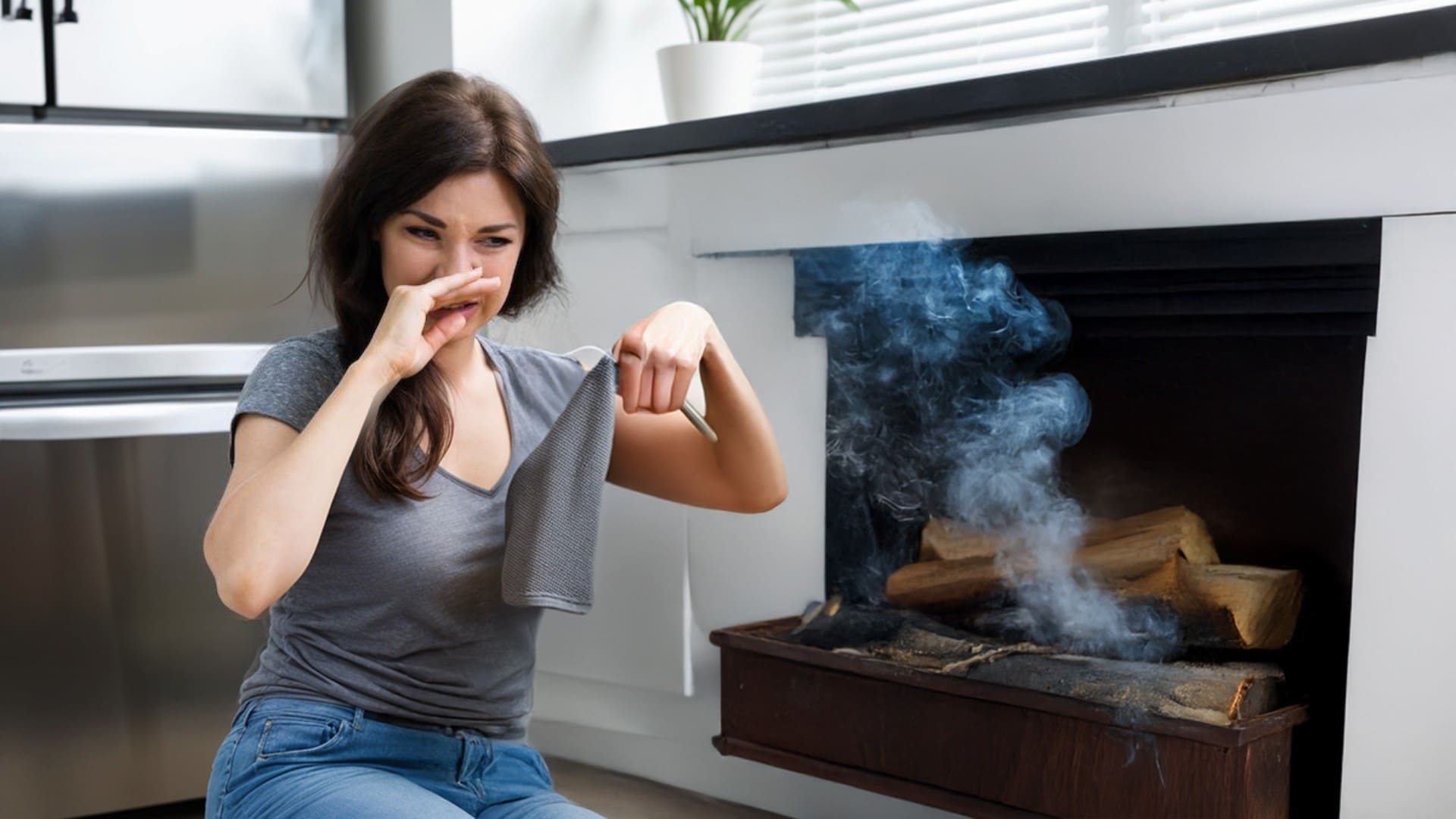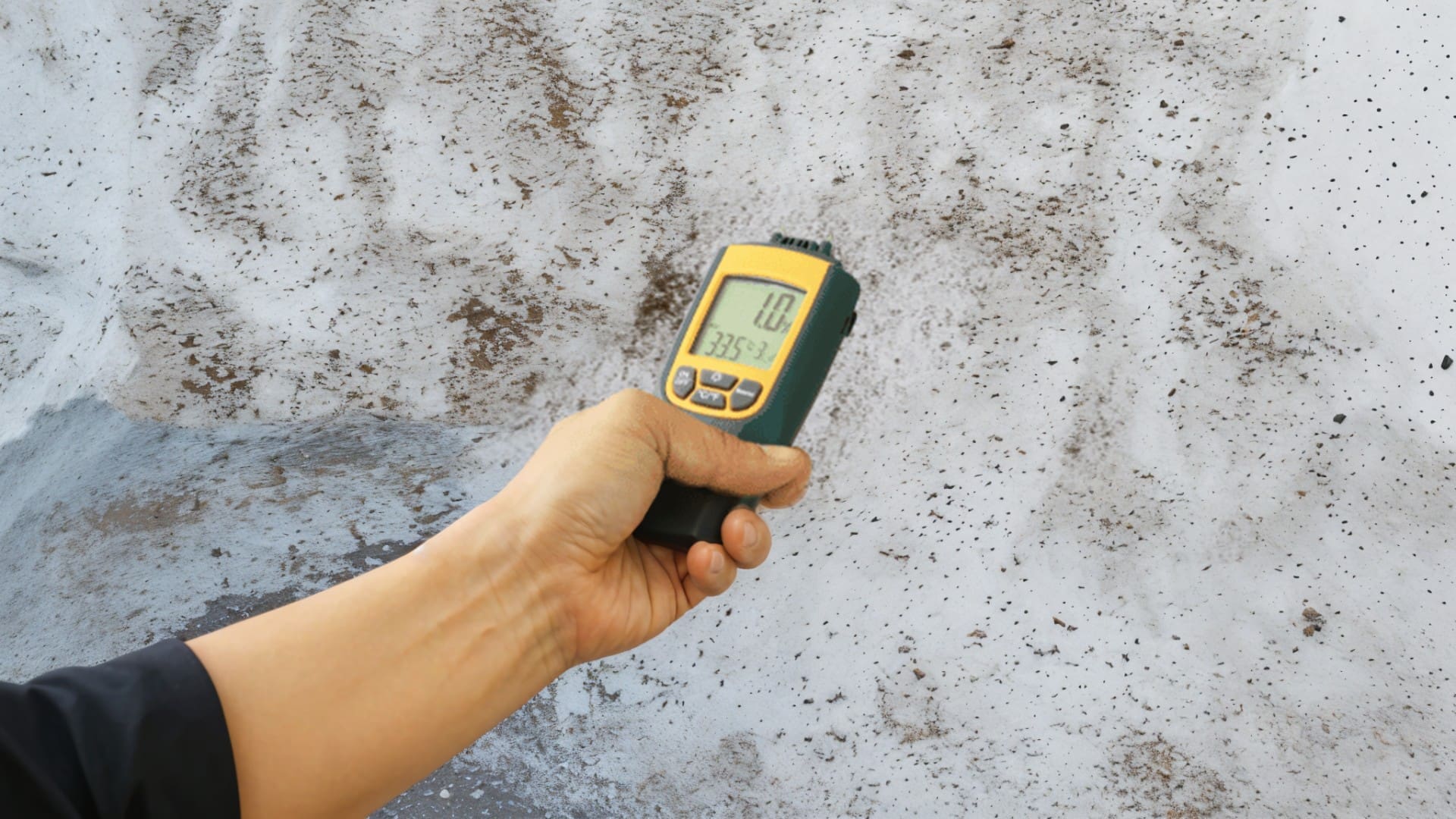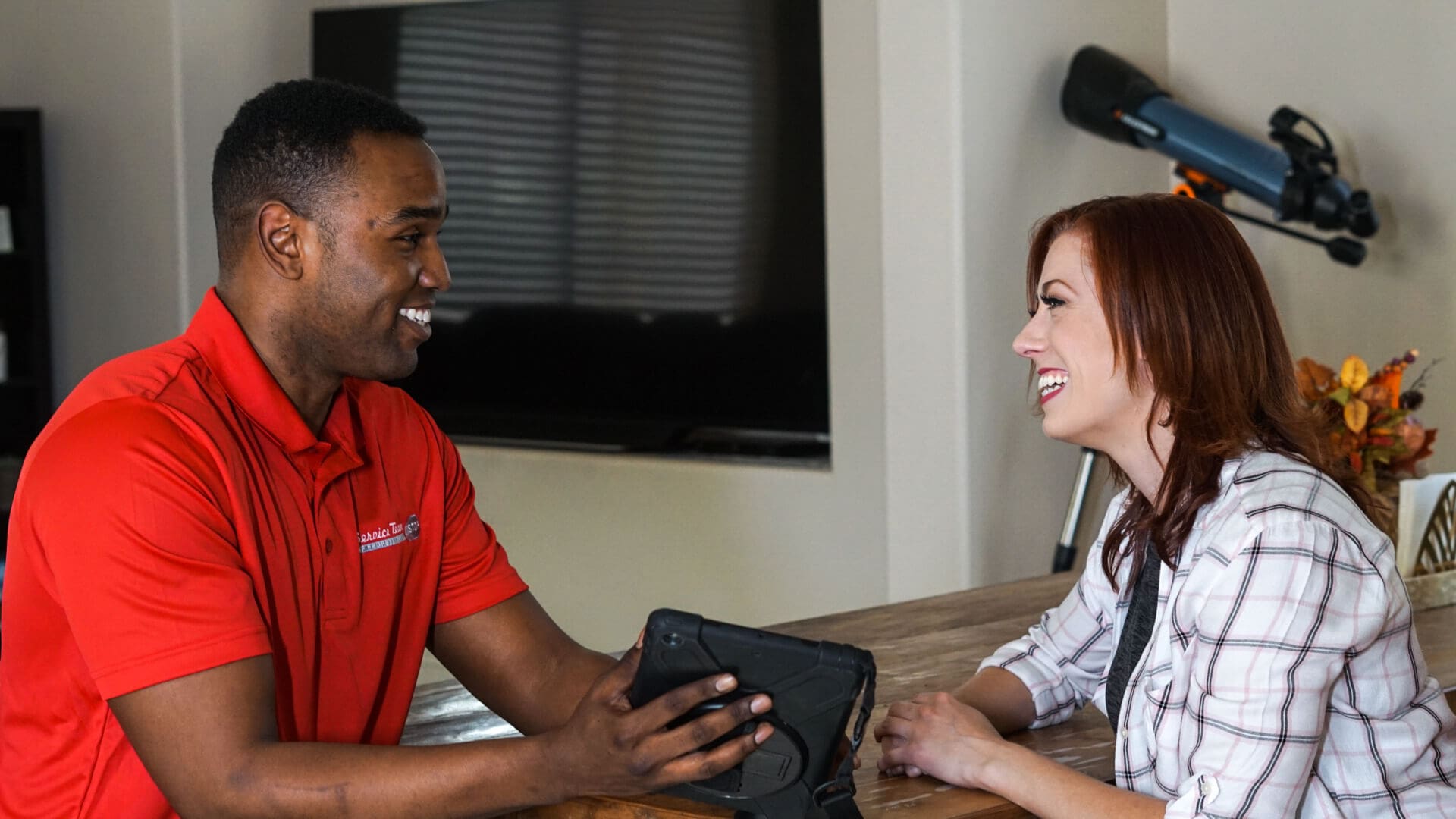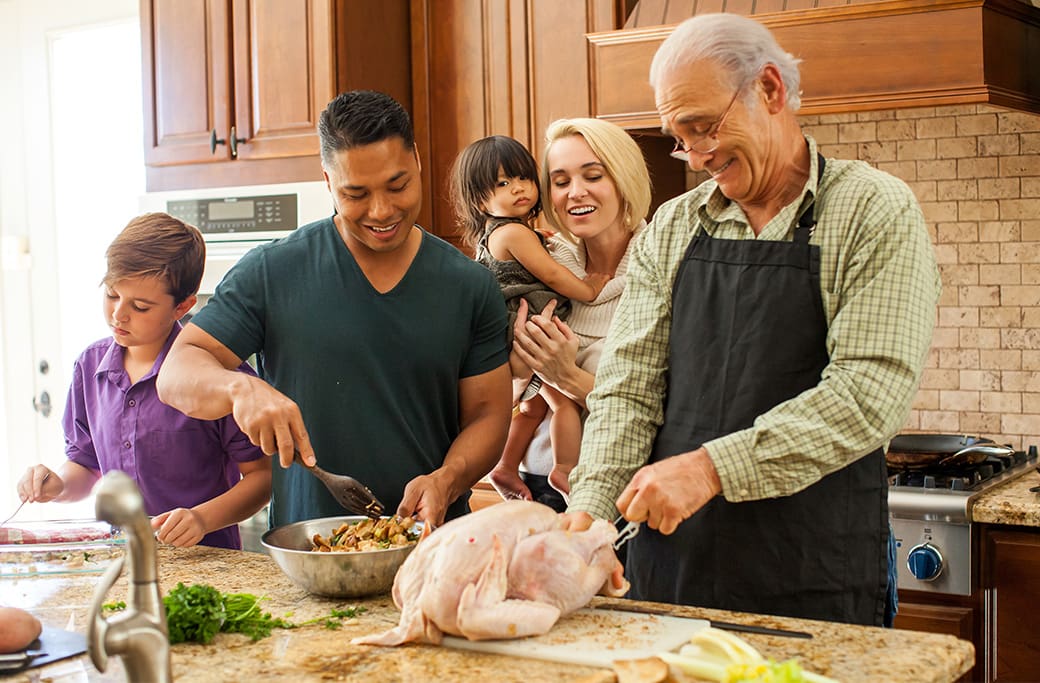
Thanksgiving is a time for family, gratitude, and of course, delicious food. But as the heart of every holiday meal, the kitchen can also become a hotspot for accidents, with cooking fires being the leading cause. Each year, thousands of homeowners face the pain and expense of fire damage during the holidays—something that could often be avoided with the right precautions.
At STOP Restoration, we know fires can happen in an instant, but with a bit of preparation and awareness, they can also be prevented. We will walk you through common fire hazards in the kitchen, essential safety tips, and why having an emergency plan can make all the difference. Keep your family safe while creating those holiday memories!
Common Fire Hazards in the Kitchen
Understanding the risks before they become an issue is the first step in ensuring holiday kitchen safety. Here are the most frequent culprits for holiday kitchen fires—and how to avoid them.
Stove and Oven Safety
The stove and oven are often working overtime during Thanksgiving, creating the perfect storm for accidents such as grease fires or overheating.
-
- Grease Buildup: Excess grease on stovetops or inside ovens can ignite quickly. Clean surfaces thoroughly before cooking.
- Unattended Cooking: Leaving food on the stove or in the oven while distracted can lead to overheating and fires, especially on a busy holiday.
- Combustible Cooking Methods: Deep-frying a turkey might sound delicious, but it’s also risky if not done outside or under strict supervision. Always follow proper precautions for these high-heat methods.
Electrical Appliance Safety
Thanksgiving often means using multiple kitchen gadgets—think mixers, slow cookers, and toasters—all at once.
-
- Overloaded Outlets: Plugging too many appliances into one outlet or power strip can lead to overheating and electrical fires.
- Faulty Wiring: Older appliances with worn-out cords or exposed wiring are a major hazard. Check them before use.
- Unattended Appliances: Appliances like slow cookers can be left on the counter for hours. Ensure proper ventilation and clear the surrounding area of flammable items.
Flammable Materials Storage
Kitchens are full of flammable materials—including dish towels, pot holders, and even cooking oils—that often get left too close to heat sources.
-
- Material Misplacement: Paper towels, packaging, or kitchen linens should never sit near open flames or burners. An innocent oversight could lead to big trouble.
- Improper Storage of Oils: Flammable cooking oils and sprays need to be stored away from heat-producing appliances to prevent accidental ignition.
Safety Tips for Preventing Kitchen Fires
Thankfully, preventing kitchen fires is relatively simple—if you adopt good practices. Here are our top holiday kitchen safety tips to keep your family safe.
1. Never Leave Cooking Unattended
Stay in the kitchen while you’re frying, grilling, or sautéing food. If you need to walk away, turn off the stove or assign someone else to monitor the cooking.
2. Keep Flammable Items Away From Heat Sources
Create a “clear zone” of at least 3 feet around stovetops, ovens, and toasters. This includes kitchen towels, wooden utensils, pot holders, and food packaging.
3. Regularly Maintain and Check Kitchen Appliances
Give your appliances some TLC. Clean spills and grease from your oven, inspect electrical cords for wear and tear, and have a professional check your gas lines annually.
4. Be Equipped with a Fire Extinguisher and Working Smoke Alarms
-
- Fire Extinguishers: Keep a fire extinguisher in the kitchen and make sure it’s designed for grease and electrical fires (Class B or C). Familiarize your household with how to use it correctly.
- Smoke Alarms: Test smoke alarms monthly and replace old batteries before the holidays. They are your first line of defense in detecting fires.
5. Deep-Fry Turkey Safely
If you’re joining the deep-fried turkey trend (yum!), follow these rules:
-
- Do it outside, away from walls or flammable materials.
- Never overfill the fryer with oil, as spilling hot oil can cause flare-ups.
- Make sure the turkey is completely thawed—water and hot oil are a dangerous combo.
Importance of an Emergency Plan
Even with the best precautions, accidents can still occur. That’s why it’s essentaial to have an emergency plan for kitchen fires.
Plan & Practice
-
- Make a Family Exit Plan: Ensure every family member knows escape routes and emergency contact numbers. Practicing this plan can save lives.
- Know When to Call for Help: If a fire grows out of control, evacuate and call 911 immediately.
Kitchen Fire Dos and Don’ts
-
- DO use a lid to smother small fires (like a grease fire) and turn off the heat source.
- DO NOT use water to extinguish a grease fire—it will only spread the flames.
- DO have an accessible fire extinguisher nearby to deal with manageable fires.
Advanced preparation is the key to staying calm and ensuring that everyone gets out safely.
Holiday Kitchen Safety: Preventing Fire Damage
Thanksgiving is a time to enjoy good food and even better company. By addressing common fire hazards and following these safety tips, you can focus on what really matters—celebrating with your loved ones.
At STOP Restoration, we believe prevention is the best cure. But should the unexpected happen, know that we’re here to help. Our team specializes in fire damage restoration, getting your home back to its best in no time.
Contact STOP Restoration today to learn more about how we can assist in any restoration needs. And don’t forget to share these holiday kitchen safety tips with your family and friends—it could make all the difference this season.

